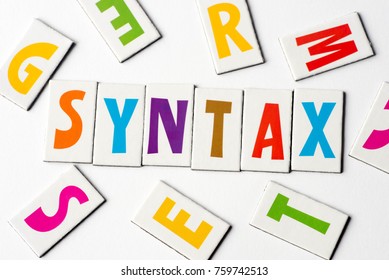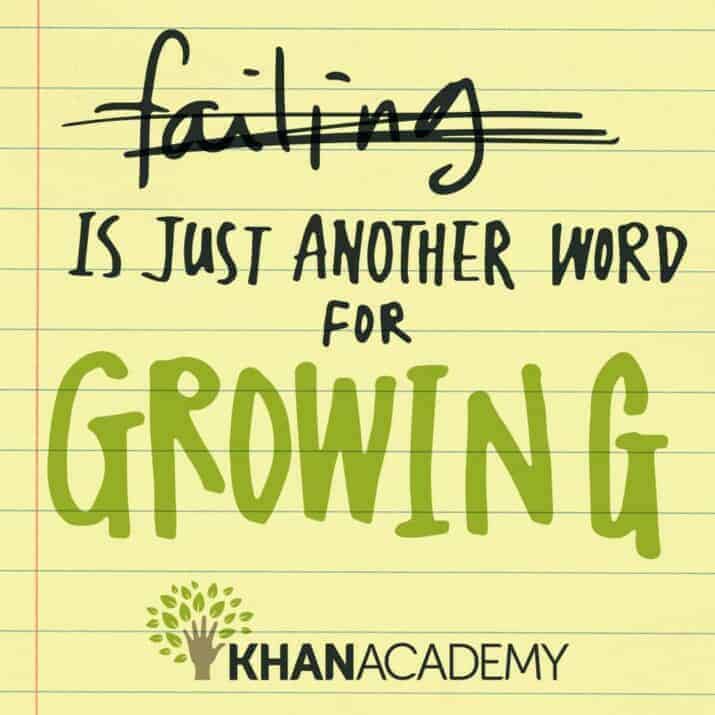Which kind of assessment was most difficult to create?
Why?
I think creating Written assessments are the most difficult to create for me because they are longer assessments that take more skill to complete usually. This means they take more skill to create because you have to make sure they are worth the time and aren't just a a waste of time. This is especially hard to use in P.E. because a lot of our standards are performance-based. This doesn't mean we can't use them at all, just not as often!
Which one was most
easy? Why?
The easiest assessment to create to me was Performance assessments. It helps that in P.E. this is our thing, but also that in my head, making performance assessments just clicks. It is like tying your shoe, it comes second nature! I know that from my learning target, I have to see certain key points to make sure the students have the required knowledge to move on. When testing with performance assessments, you have to observe the performance to see the key parts you are testing on, and I just feel like that is a lot easier!

What was something that surprised you about creating
assessments?
Something that surprised me about assessments was that in the attributes to a good test, it said to distinguish words like Not and except. This makes sense in my head but I feel like I have seen this test on almost every test I have taken! Especially in math, I feel like the teachers are trying to trick you with their questions but that should not be the case. The point isn't to trick your students, it is to see how much information they have actually learned. I also thought it was cool that it said to work the word "Please" into your tests so that it is more invitational and less foreboding.



